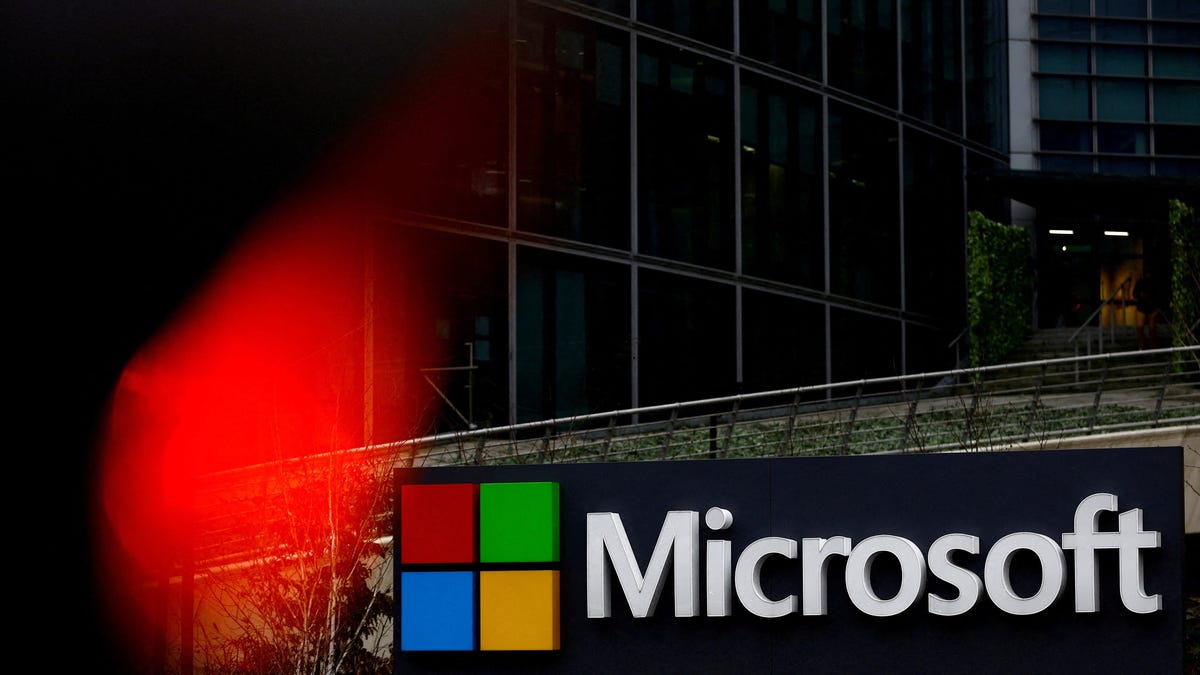Microsoft Contemplated Monumental Investment in Apple to Challenge Google’s Search Dominance

Microsoft Contemplated Monumental Investment in Apple to Challenge Google’s Search Dominance
In a groundbreaking revelation during the ongoing antitrust trial against Google, Microsoft’s Vice President, Jonathan Tinter, disclosed a remarkable strategic move that could have reshaped the tech landscape back in 2016. The software giant had pondered investing billions in a potential collaboration with Apple, with the audacious goal of dethroning Google as the default search engine on Apple’s Safari browser. This unexpected partnership would have been a seismic shift in the industry, and Tinter revealed that Microsoft’s CEO, Satya Nadella, had even sat down with Apple’s CEO, Tim Cook, to explore the daring venture.
At the heart of this proposed deal was Microsoft’s ambition to see Bing replace Google Search as the default search engine on Apple’s immensely popular Safari browser. This audacious move was poised to challenge Google’s longstanding dominance in the search engine market, a domain it had reigned supreme in for years. While such a collaboration may have seemed unlikely given the historical rivalry between Microsoft and Apple, the potential ramifications were so vast that both companies were willing to set aside their differences for a greater cause.
One cannot overstate the significance of Google’s monopoly in the world of online search. Google’s ubiquitous presence as the default search engine on various web browsers, including Apple’s Safari, had made it the go-to choice for users across the globe. It had also translated into an incredible source of revenue through advertising, making Google an industry behemoth. However, this partnership between Microsoft and Apple threatened to disrupt this status quo.
Under the proposed agreement, Microsoft was ready to invest multiple billions of dollars into Apple. This massive financial commitment was a testament to their determination to wrestle the search engine crown from Google’s grasp. However, such a bold maneuver was not without its risks. Experts argued that Microsoft stood to incur a substantial financial loss as a result of this investment. The enormous cost of attempting to supplant Google as the default search engine on the Safari browser was seen as a potential financial burden for Microsoft.

The potential implications of this alliance were not confined to just Microsoft and Apple; the tech industry at large was poised for a significant shake-up. With Bing as the default search engine on Safari, it would have instantly gained access to the vast user base of Apple’s devices, including the iconic iPhone and iPad. This shift could have gradually eroded Google’s market share, thereby redefining the dynamics of the search engine landscape.
Moreover, users would have benefited from a more diversified and competitive search engine ecosystem. The duopoly of Google and Bing would have encouraged innovation and spurred both companies to enhance their search capabilities. This, in turn, could have led to improved search experiences and more robust privacy options for users.
However, despite the promise of a more competitive market, the deal between Microsoft and Apple ultimately remained unrealized. The complexity of such a partnership, along with the potential financial risks, may have dissuaded both companies from proceeding. Moreover, the nature of the tech industry is marked by its fast-paced evolution, and strategic decisions must adapt to changing circumstances. In the years following 2016, the landscape of the tech world shifted in unforeseen ways, rendering this potential collaboration a captivating “what if” scenario.
In conclusion, the revelation that Microsoft contemplated investing billions in a bid to challenge Google’s search dominance through a partnership with Apple was a remarkable moment in tech history. It showcased the lengths to which tech giants are willing to go to disrupt established norms and challenge industry leaders. While this particular venture did not come to fruition, it serves as a testament to the ever-evolving dynamics of the tech industry and the relentless pursuit of innovation and competition that drives it forward.
The potential partnership between Microsoft and Apple, as revealed by Jonathan Tinter during the antitrust trial against Google, highlights the intricate dance of competition and cooperation that defines the tech industry. Microsoft and Apple, despite their historical rivalry, recognized the transformative power such a collaboration could wield. This willingness to explore unconventional alliances showcases the industry’s adaptability and underscores that even the fiercest competitors can find common ground when strategic opportunities align.

Had this audacious plan come to fruition, it would have been an extraordinary turning point for Bing, Microsoft’s search engine. Bing, which had been in Google’s shadow for years, would have suddenly gained access to a user base of unprecedented scale. The potential for growth and innovation would have been immense, presenting a compelling case for Microsoft’s willingness to bear significant financial burdens. The competition with Google would have intensified, likely driving both companies to invest more in research and development, thereby pushing the boundaries of search technology.
Furthermore, the impact on the broader search engine market cannot be understated. A Bing-powered Safari browser would have provided users with an alternative to Google, potentially reducing Google’s stranglehold on user data and advertising revenue. This diversification of the search engine landscape could have ushered in an era where privacy and user choice took center stage, potentially leading to a more transparent and user-centric online experience.
However, the tech industry is as unpredictable as it is dynamic. In the years following the proposed collaboration, the landscape evolved in unforeseen ways. Google continued to innovate and strengthen its position, while Microsoft and Apple pursued their own distinct strategies. As a result, the hypothetical Microsoft-Apple alliance remains a tantalizing “what could have been” scenario, offering a glimpse into the intricate interplay of competition, innovation, and corporate strategy in the tech world.






